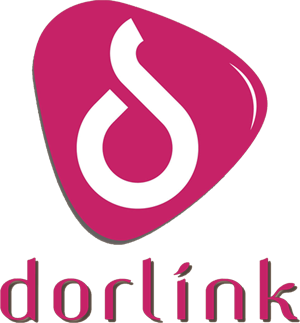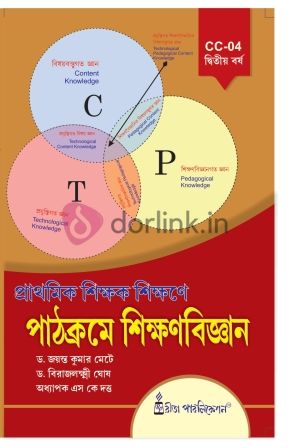- Shipping Time : 4 Days
- Policy : Return/Cancellation?
You can return physically damaged products or wrong items delivered within 24 hours with photo/video proof.
Contact Customer Support for return initiation and receive return authorization via email. Securely package for return.
Refunds for eligible returns are processed within 7-10 business days via Bank Transfer.
Order cancellation allowed within 24 hours of placing it. Standard policy not applicable for undamaged/wrong product cases. Detailed info. - Genre :NA
- Publication Year : NA
- ISBN No : NA
- Binding : No Binding Available
- Pages : NA
- Weight : NA
- Height x Width x Depth : xx Inch
If so, it will be notified
About the Book
Syllabus:
Unit-1: Pedagogic Practice and Process of Learning
· Concept of Pedagogy and Pedagogy across Curriculum—meaning, features, objectives
· Critical understanding of the process of concept-formation
· Constructivist approach in pedagogy across curriculum
· Aspects of child-centric education and creation of non-intimidating environment for knowledge construction
Unit-2: Historical and Philosophical Perspectives of Pedagogy across Curriculum
· Philosophical bases of pedagogy across curriculum
· History of the development of pedagogy across curriculum
· Constructivist approach and pedagogy across curriculum
· Development of skills through pedagogy across curriculum—nature, principles, significance
· Pedagogy across curriculum for inclusive education
Unit-3: Integrative Teaching in Pedagogy across curriculum
· Concept of Integrated teaching-learning
· Concept of interdisciplinary approach—difference with multi-disciplinary approach
· Significance of interdisciplinary approach in integrated teaching at the elementary level
· Socio-cultural aspects in pedagogy across curriculum
Unit-4: Knowledge and Methods of Enquiry
· Concept of knowledge, information and their differences
· Concept of Knowledge Construction—case examples from elementary school subjects
· Methods of Enquiry, different types of thinking—scientific, mathematical, social, higher order thinking
· Relation between knowledge ,curriculum, text books, learners and pedagogy
· Basic tenets of enquiry based learning, contextualization, project based learning
Unit-5: Learner and their Context
· Alternative frameworks of children’s thinking
· Everyday concepts and situated cognition
· Pedagogy across curriculum for contextualization—language, social relations, identity, equity, rights and their relation through education
· Eradication of Child and adult misconceptions
Unit-6: Use of ICT for Pedagogy across Curriculum
· Role of ICT in education
· Use of ICT for pedagogy across curriculum
· Capacity development in the use of ICT for integrated teaching
· Significance of ICT in catering to diverse needs of children with special needs in an inclusive classroom
Unit-7: Integration of Values and Performing Arts through Pedagogy across Curriculum
· Value education-importance at elementary stage, integration through pedagogy across curriculum
· Types of performing arts, their relevance in education at elementary level
· Integration of performing arts—principles, significance, strategies
· Integration of performing arts for learner motivation with special reference to inclusive setting
Unit-8: Pedagogy across Curriculum for Class I-V
· Content analysis for teaching in Interdisciplinary approach
· Plan and Design of relevant teaching learning material for pedagogy across curriculum- Year Plan, Unit Plan, Lesson Plan, Writing Instructional Objectives, Instructional Aids, Instructional Strategies.
· Concept mapping and integrative teaching for inclusive classroom
Unit-9: Pedagogy across Curriculum for Class VI-VIII
· Content analysis for teaching in Interdisciplinary approach
· Plan and Design of relevant teaching learning material for pedagogy across curriculum—Year Plan, Unit Plan, Lesson Plan, Writing Instructional Objectives, Instructional Aids, Instructional Strategies.
· Concept mapping and integrative teaching for inclusive classroom
Unit-10: Evaluation
· Monitoring the progress during and after lesson
· Follow-up activities—Maintenance of student profile, reporting progress
· Diagnosis and diagnostic tests in L-1, L-2, Mathematics and Environmental Science
Remedial Measures

